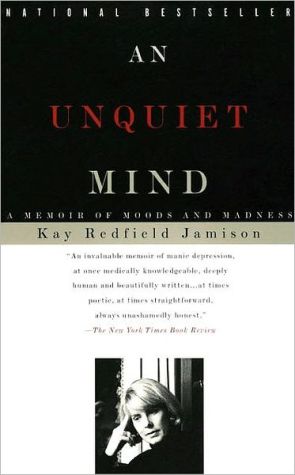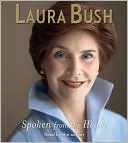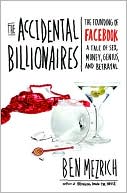Talking Out of School: Memoir of an Educated Woman
We follow our protagonist, Kassie, as the academic world reshapes her life, her worst secrets and most humiliating mistakes revealing deep problems of race, class, gender, and sexuality. We watch as she alienates her family by hanging her “snobbish” nose over books; as she embarks on an adulterous affair with her instructor; as she comes to terms with her racist attitudes toward her own inner-city students; and as she abandons her principles for the sake of her career. A scathing and fierce...
Search in google:
This bitterly funny memoir reads like an exposé of the power structures in America’s higher education system: who’s got it, how they’re abusing it, what everyone else is willing to do to get it, and the social cost of doing educational business this way. Karen Long - Library Journal Fleisher, a creative writing instructor at Illinois State University, uses autobiographical sketches to paint a picture of what life is like for women in America's higher education system. While her main focus is gender issues, she also touches on other divisive forces, such as racism and homophobia. She raises good questions, such as, "...doesn't it make sense to think that racism will never disappear until sexism disappears?" Unfortunately, these relevant issues get muddled amid a subjective, scattered narrative. Fleisher isn't a bad writer; she does well with description, imagery, action, and irony. But her book might have more impact if she further emphasized the need to break down the walls of bureaucracy and corruption in higher education. Suitable only for select academic libraries.
Threads 9Tiers 115Titsandass 191
\ Library JournalFleisher, a creative writing instructor at Illinois State University, uses autobiographical sketches to paint a picture of what life is like for women in America's higher education system. While her main focus is gender issues, she also touches on other divisive forces, such as racism and homophobia. She raises good questions, such as, "...doesn't it make sense to think that racism will never disappear until sexism disappears?" Unfortunately, these relevant issues get muddled amid a subjective, scattered narrative. Fleisher isn't a bad writer; she does well with description, imagery, action, and irony. But her book might have more impact if she further emphasized the need to break down the walls of bureaucracy and corruption in higher education. Suitable only for select academic libraries.\ —Karen Long\ \ \








